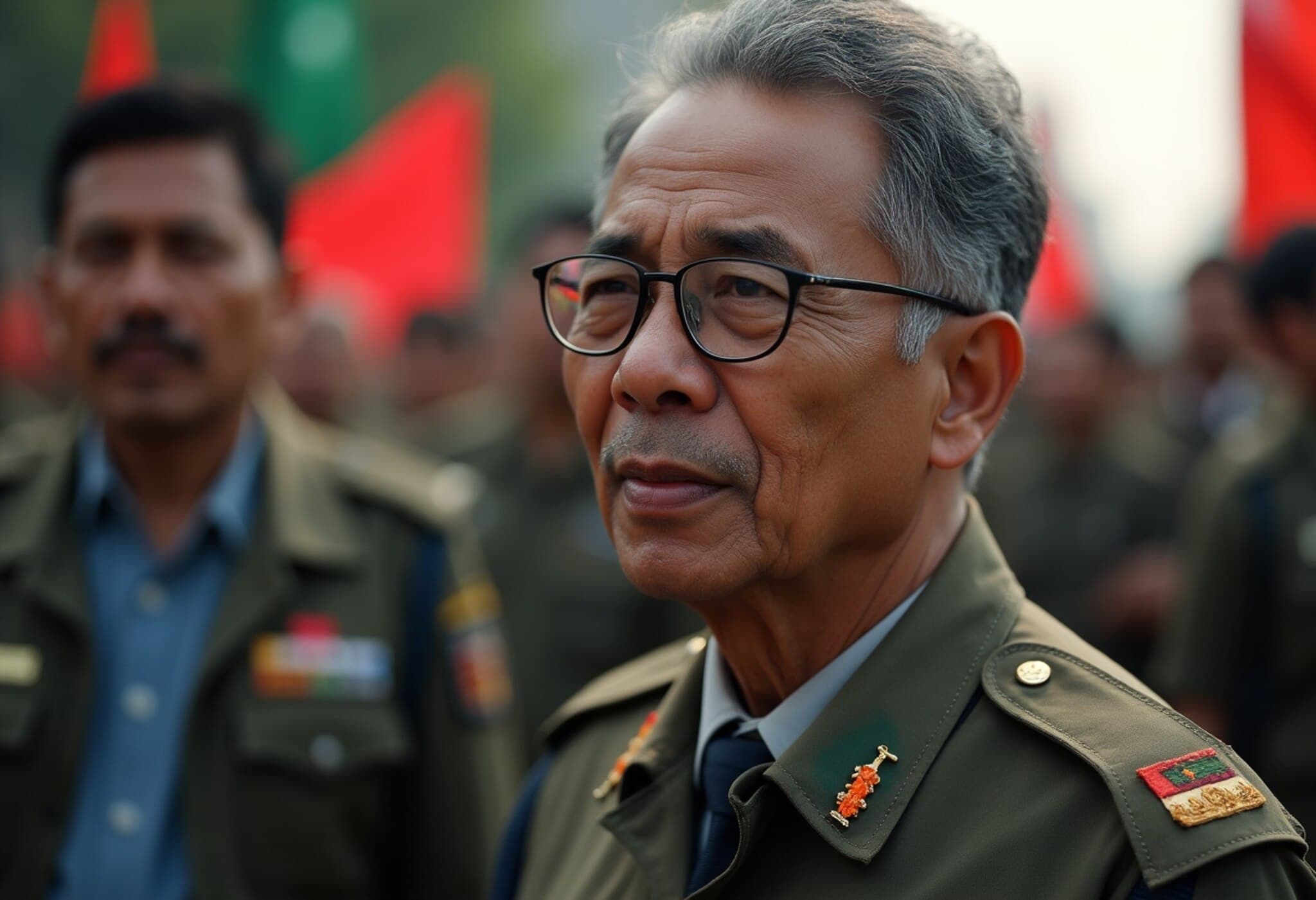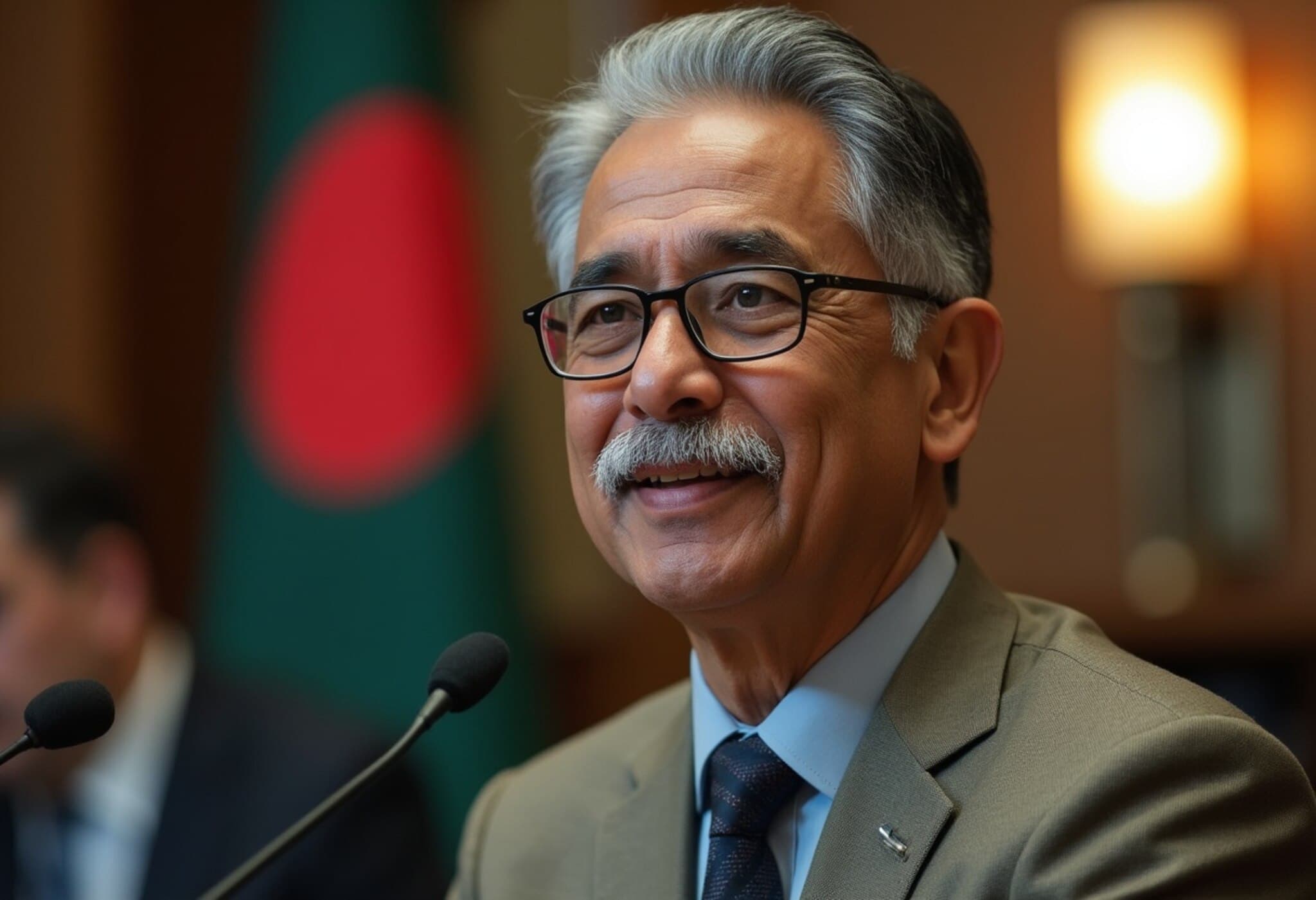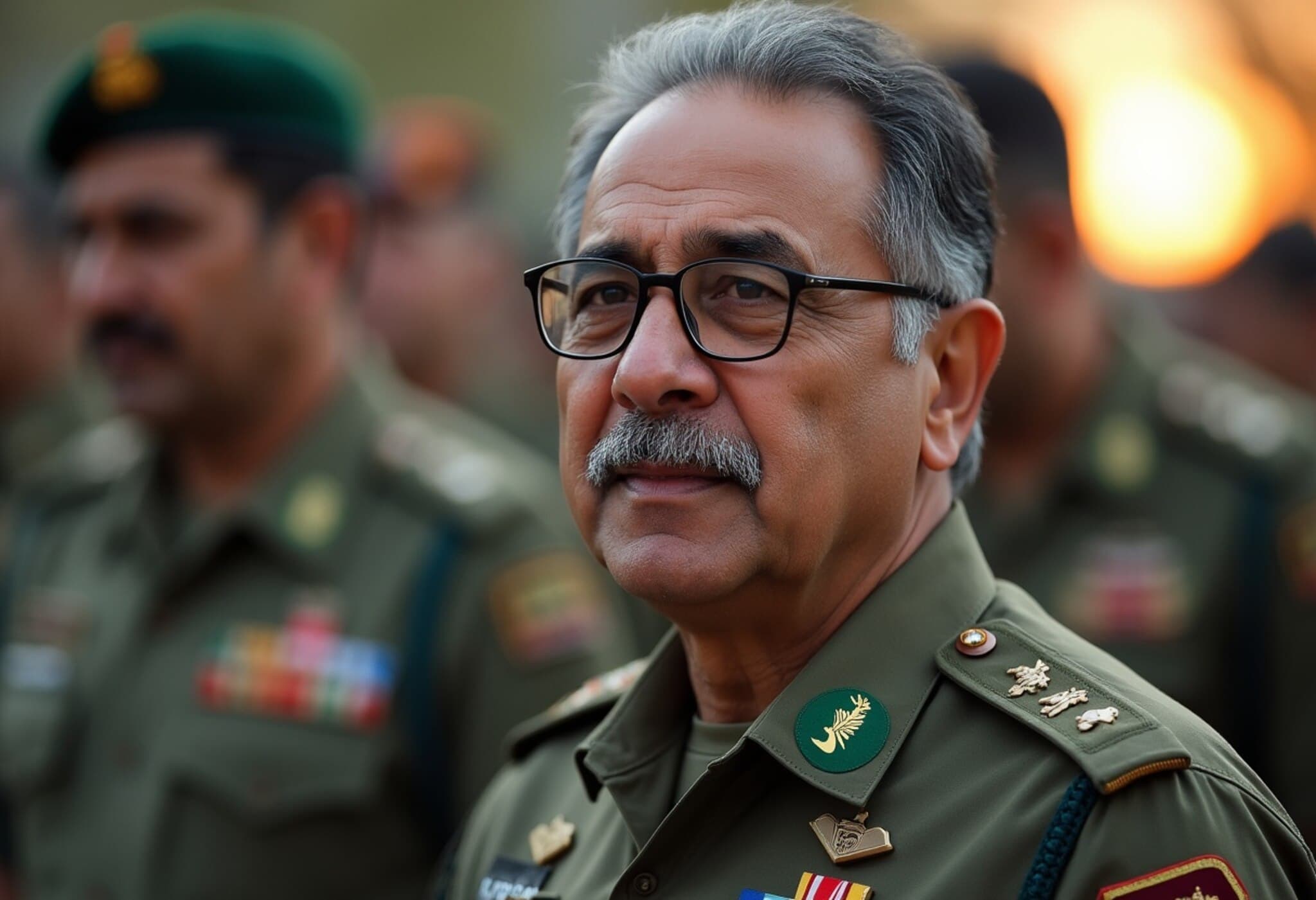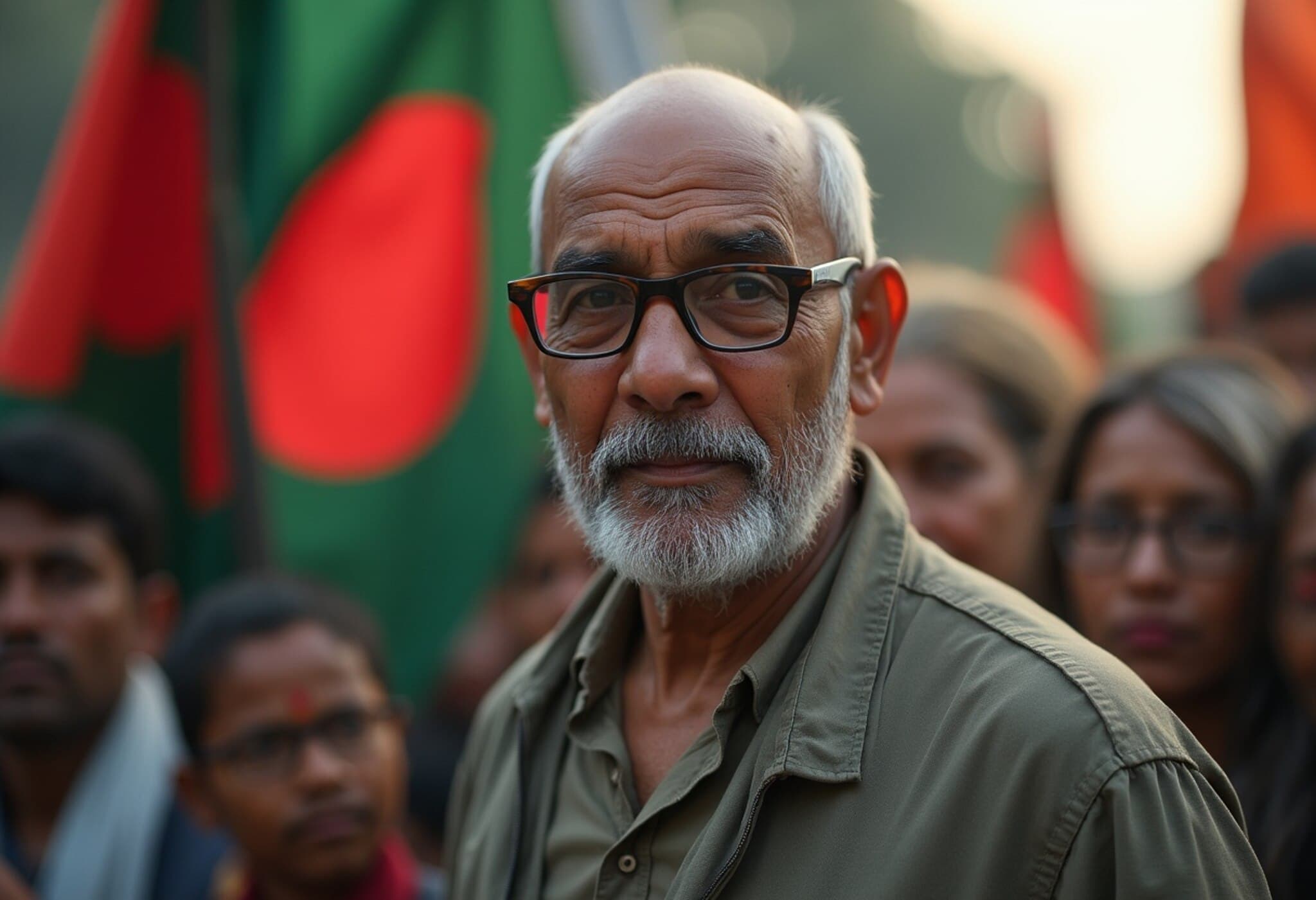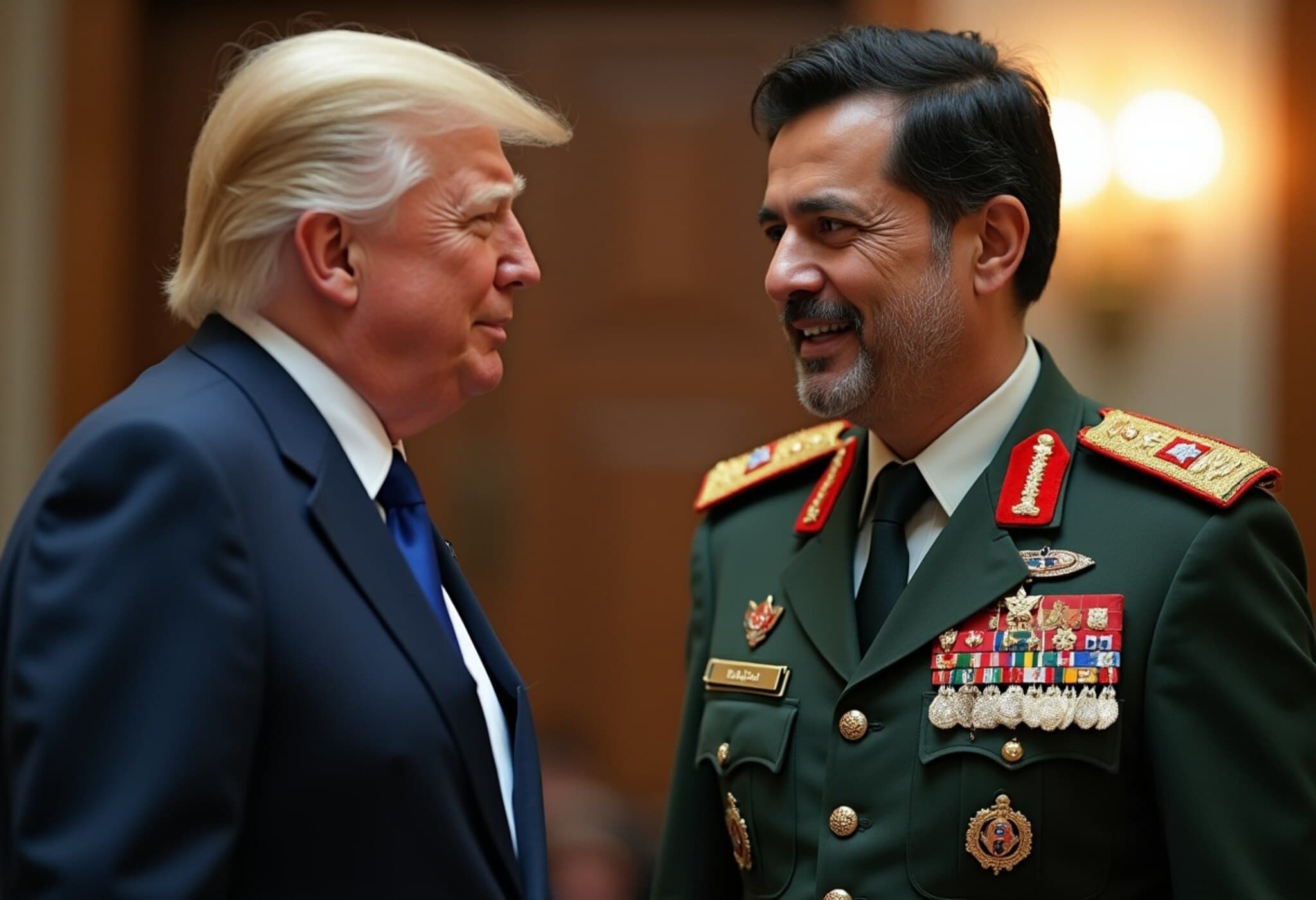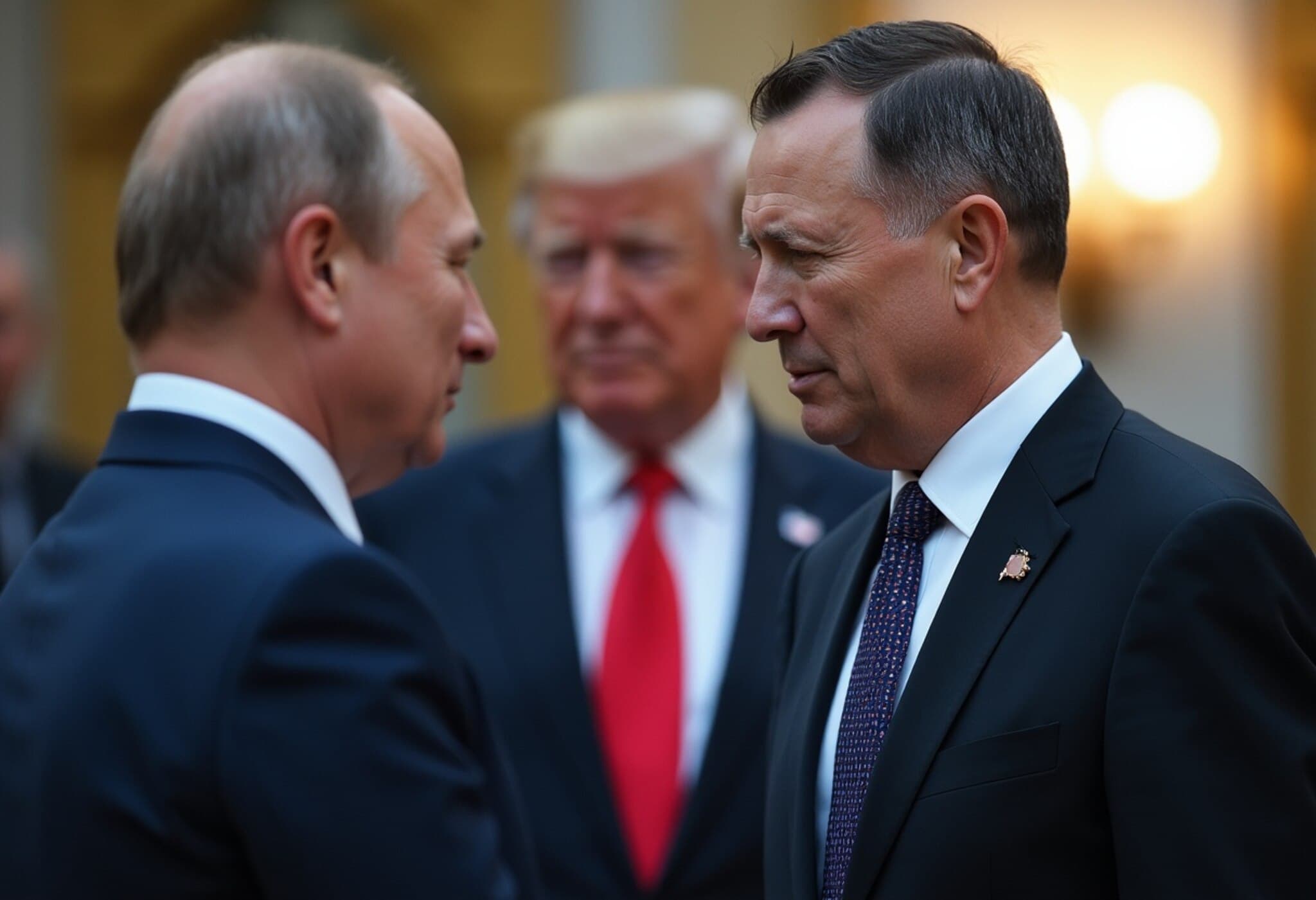Pakistan’s Airspace Closure Results in Rs 4.1 Billion Loss in Two Months
In a significant economic blow to its aviation sector, Pakistan has reported a loss of Rs 4.1 billion (approximately $23 million) over a span of just two months due to the closure of its airspace to Indian aircraft. The Ministry of Defence disclosed this figure in a statement to Pakistan’s National Assembly on August 9, 2025, attributing the financial setback to rising diplomatic strains following heightened tensions after the Pahalgam terror attack in Indian-administered Kashmir.
Understanding the Context: Airspace Closures as Diplomatic Leverage
Pakistan's decision to bar Indian flights from transiting its airspace was a strategic move aligning with geopolitical tensions between the nuclear-armed neighbors. The suspension came as a response to India’s previous diplomatic measures and attempted to reprioritize national security over economic interests.
By closing the corridor that typically facilitates 100 to 150 Indian flights daily, Pakistan saw a direct hit to its overflight revenue, which accounts for a major portion of income for the Pakistan Airports Authority (PAA). From April 24 to June 30, 2025, overflight earnings plummeted, although the total loss was less than an initially estimated Rs 8.5 billion.
Comparing Past Incidents
This is not the first time such closures have led to economic downturns; a comparable blockade in 2019 cost Pakistan Rs 7.6 billion (around $54 million). However, back then, losses were reported to be as high as $100 million, indicating some discrepancies but also reaffirming the heavy price of airspace restrictions.
Defence Ministry’s Stand: Sovereignty Over Economy
The Pakistani Ministry of Defence defended the closure, emphasizing that such decisions fall squarely within the federal government’s jurisdiction and are issued as Notices to Airmen (NOTAMs). These notifications carry significant strategic and diplomatic signals. The Defence Ministry highlighted that the closure was intended to:
- Safeguard civilian lives
- Protect critical infrastructure
- Enable comprehensive military planning during a volatile period
A statement released by the ministry underscored that national sovereignty and defense imperatives must outweigh financial concerns, even though the economic consequences are substantial.
Impact on Civilian and Economic Relations
Despite the military posturing, both nations took precautions to shield civilians from being caught in the crossfire of what was described as a brief four-day escalation. Nevertheless, the closure undoubtedly strained commercial and civilian aviation links, with substantial ripple effects on regional connectivity and trade.
Economic Perspective and Future Implications
Before the tensions peaked this year, Pakistan’s Airports Authority enjoyed an average daily revenue of $760,000 from overflights, a significant increase from $508,000 in 2019. The current losses highlight the vulnerability of aviation revenues to geopolitical disturbances, especially between India and Pakistan, whose relations remain fraught decades after partition.
The Pahalgam terror attack, in which militants infiltrated from Pakistani territory and killed 26 civilians, served as a grim flashpoint that reignited longstanding animosities. These events clearly illustrate how regional security issues directly influence economic outcomes and cross-border cooperation.
Expert Commentary: Weighing Security Against Economic Costs
From an expert policy perspective, the Pakistan airspace closure exemplifies a recurring dilemma in South Asian geopolitics: how to balance sovereign security needs with economic pragmatism. Given that aviation overflight fees contribute vital revenue, disruptions can cascade into broader economic setbacks, affecting not just government coffers but also airlines, passengers, and trade.
Moreover, the incident shines a spotlight on the indirect consequences of terrorism on regional economies and infrastructure. Aviation restrictions, while politically symbolic, have tangible real-world costs that prolong economic hardship beyond immediate security concerns.
Looking Ahead: Can Engagement Restore Airspace Access?
Restoring mutual trust and reopening skies between India and Pakistan remains a formidable challenge. However, prior instances offer a blueprint for eventual normalization following diplomatic dialogues, which can help alleviate commercial losses while maintaining essential security safeguards.
Ultimately, stakeholders must consider whether prolonged airspace closures serve long-term national interests or inadvertently stall economic progress and regional stability.
Editor's Note
The recent Rs 4.1 billion loss to Pakistan’s aviation sector serves as a stark reminder of how geopolitical conflicts bleed into economic realities. While defense and sovereign considerations justify Pakistan's stance, this episode prompts critical reflection on the high economic price of protracted hostility. How can neighboring countries balance security imperatives against economic integration? And what frameworks might better shield essential civil infrastructure from political fallout? These are pressing questions that merit continued attention from policymakers and analysts alike.


